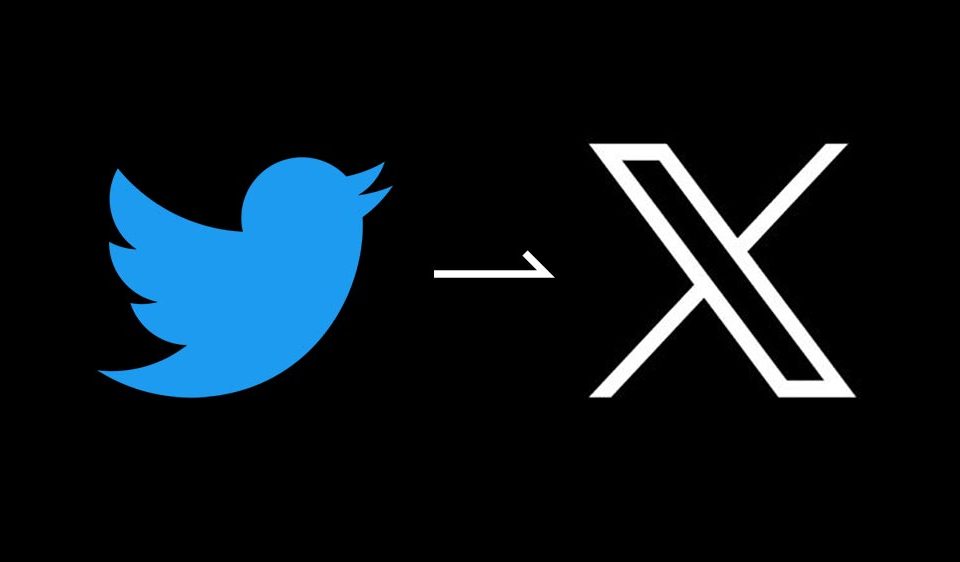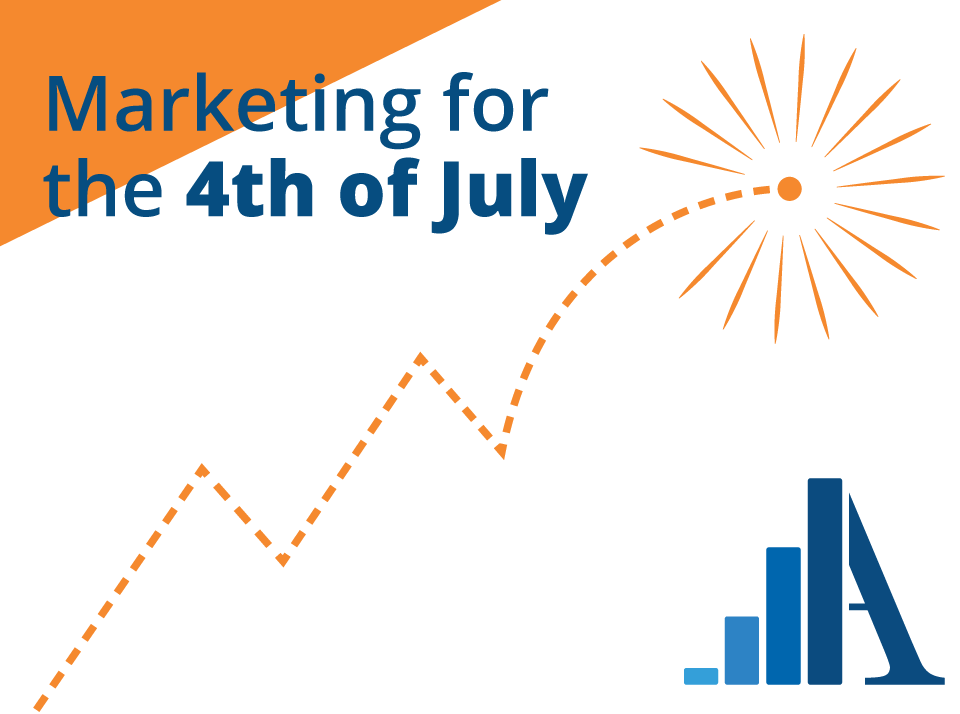
Web Design Scams to Look Out For in 2022
By Daclaud Lee, Project Manager / SEO Consultant at Archmore Business Web

You may not realize how many small business owners are looking to get a website designed or redesigned in the near term. Unfortunately, there are scum bags out there who just want to take advantage of unsuspecting business owners and would do just about anything just to make some quick cash. As professional web designers and web developers, we don't like scammers, so we want to protect you from scum bag scammers who want to give the real professionals a bad name.
Don't Fall For Web Design Scams!
Web design scams are becoming more widespread, with more people making a living off of scamming unsuspecting victims. Learn how you can be on the lookout for these types of scams. Listed below are the most common red flags associated with website design scams and how to avoid them.
Spam Messages
Have you ever gotten a spam message indicating that there has been a sudden drop of traffic to your website's current design? If so, then chances are, it's a scammer. These people are lazy and often target websites that are already doing very well. They want to prey upon the business owner's fears and suspicions that their current web design company did not do a good job. You have to ask yourself this question: if your website is doing so bad, then how did they find you? If you want to know how you are ranking and for what keyword, you can always use SEO auditing tools to double check. If your current web designer is giving you reports, then you can rest assured that they are being transparent and you should not believe the lies of a scammer.
Pro Tip: No legitimate web design company is going to spam you with a generic message. We have a reputation as industry professionals and we don't BS customers with generic cold approaches. As a general rule: Spam = Scam!
They Are Using Gmail to Contact You
Most reputable web design companies will have a proper website showcasing their work as well as information about what they do. A real web design company should also have some kind of about page or company profile. A highly reputable website design company will even have awards and will also be members of many business networking groups and associations (like we are). You have to wonder why they are using gmail to contact you if they are a web designer. If they don't even have a company email, then they are most likely a scammer!
Pro Tip: Never do business with anyone who contacts you without a business email. No legitimate sales professional should be using gmail to contact a potential customer.
They Have No Website
As if using a gmail to solicit a sale is not already a red flag, then a web designer without a website definitely should be. Even a freelancer who is just out to get their very first job in order to make a name for themselves will have a website to showcase their work as well as a bio describing who they are, where they went to school and where they got their web design experience from.
Pro Tip: Always check to see if they have a website. A web designer who doesn't even have a website is like a fish without water, so you can expect them to be a scammer.
They Have A Fake Website
A more dedicated scammer may go so far as to build a fake website. While someone who is untrained may see a website and think it is real, a fake website is often just a disposable resource. If the website is plain and generic looking, then the "web designer" is either really bad at their job or they are a scammer. Even if the website is not fake, you probably wouldn't want to hire a web designer who can't even make themselves a good looking website.
Pro Tip: Do a Google search for the business name and make sure it's a legitimate business. If they do not have a Google Business profile with an address, then chances are they are a scammer. Besides a Google Business Profile, you should also look for other evidence of it being a real business such as social media profiles as well as directory listings. If they don't have any of these, then it is most likely a scammer.
They Don't Have a Legitimate Phone Number
I know, I know... most people nowadays would rather text than talk on the phone, but if you have never even spoken to your web design team or they are not reachable via a phone call during business hours, then chances are they are a scammer. Even if you don't want to talk to your web designer on the phone, they should at least give you the option to call them. It is highly sus if the web designer doesn't even offer you their personal cell phone number to take calls. Even a freelance web designer with no company to speak of will give you a phone number.
Pro Tip: Google search the phone number and make sure it is tied to a legitimate business. If they give you a phone number, but it is not even searchable on Google, then chances are it's just a spoof number.
They Use Website Templates for Custom Designs
This is one of the most common tricks a scammer will try. This is either done out of pure laziness or the developer wanted to under cut the competition and take the easy way out. These scammers will promise to create a unique site for your business, but will actually build it using a pre-made template. A website built from a template can look polished and professional, but doesn’t offer the highly customized design that makes your business stand out from competitors.
Pro Tip: Make sure the web designer gives you a comp before you get started. The final design should look just like the comp they gave you.
You Didn't Get What You Paid For
You may have paid a lot of money to have a website designed, but it did not effectively communicate your brand's message. Or maybe you were given a website that was not responsive or mobile friendly when it should have been. The so called "professional" web designer who took on this task, promised you the world - yet you got nothing. All they gave you were half-baked ideas, undelivered deliverables, and so much more left your head spinning and wondering what professionals you can trust when it came to creating a website.
Pro Tip: Always check a web designer's resume and ask them for previous work. A good web design company will always be highly reviewed with enough social proof to qualify them as legitimate professionals.
You Got EXACTLY What You Paid For
This one is more on you as the client. The price of a website can be anywhere between $300 to $50,000 (or even more) depending on the features you want. Certain websites that have complex features and integrations take a full team of web developers, engineers, graphic designers and SEO professionals just to get it done properly. If you want a website that has a lot of functions and security, then you should expect to pay more for the development process, because the staff need to be paid for their time. Therefore, if you are only willing to pay $500 for a website, but you expect it to be the next Facebook or Amazon, then you might be the type of person to fall prey to a scammer if you believe someone can actually build you a website like that so cheap.
Pro Tip: Have realistic expectations when you are getting your quote. Also get multiple quotes. If an offer seems too good to be true or is way below the average cost, then you are probably dealing with a scammer who will over promise and under deliver.
They Over Promise and Under Deliver
Your web developer is expected to produce and deliver your website on time and within budget. A scammer will often fail at this because they will say yes to everything even if it is beyond their skill level. This results in an unhappy client/designer relationship, which is never a good thing. If a designer’s done right by you in the past, this won’t be an issue. But if they’ve given you “one more chance,” it’s time to look for someone better.
Pro Tip: Most of the time this is the client's fault as much as it is the web developer's. An honest web developer will tell you whether or not they can do the job, so make sure you established all of your needs at the beginning and make sure the developer can handle the job. If you as the client, decideed to make sudden developmental changes mid project without establishing beforehand whether or not the developer can handle the job, then it is your fault. The developer is only at fault if they say yes to your requests when they know they are incapable to do the job.
You Can't Access the Back End
When you fall for a website design scam, you can end up paying to have a website designed without access to its back-end. If you ask for the login details the scammers will tell you to pay an additional fee to get them. Either that or the scammer tells you that only they can change the website design for you.
Pro Tip: Always request access to the back end. A legitimate company will give you access to your own website. A scammer will try to gouge more money out of you by telling you that only they can make the changes.
Your Website Doesn’t Work
Was your website supposed to be responive, but it's not? Are there integration issues that are not resolved (like payment processing or a contact form)? Does the company you contracted refuse to fix it? Well, maybe you just been scammed by a web designer who didn't know what they were doing. Technical issues can come up, but a scammer will refuse to diagnose the problem and fix it because they either don't know how or don't care.
Pro Tip: Always ask for work examples ahead of time. Be clear with what you want and don't be afraid to reach out to their references to verify whether or not they have worked on their website. A good web design company will always address a problem and fix it.
Your Website Always Gets Hacked
If you have had design work done for you and realize that you are constantly being hacked, your designer may be to blame. The chances are that the “expert” you hired was actually a scammer, who has been using your website as a host for dangerous activity. A skilled designer will not only build you a design that looks great and functions perfectly, but will also take the time to familiarize themselves with your business and current online branding.
Pro Tip: Ask your developer what hosting service they are using. Also ask them if there are any additional security implementations they can make. Even if your developer is not a website security expert, then they might be able to refer you to one. A lot of Wordpress sites will have security plugins; many are free with limted features and others are paid subscriptions and should protect your site completely. A website will need an SSL Certificate, which you will have to pay a yearly fee for.
A Scammer Will Take Your Money and Run
If you didn't already see the previous red flags and you decide to pay for a web design service up front without establishing a level of trust or successfully vetting the web designer, then you will end up out of a large sum of money and nothing to show for. Scammers will gladly take your money and never contact you again. Don't get burned like this! Know who your dealing with and how to successfully vet your web designer!
Pro Tip: Always vett the web design company. Check to see if they are a member of the BBB or another organization. A good web designer will always have social proof in the form of reviews and awards. They will also most likely be members of local business associations. A legitimate web design company has a reputation to uphold and a scammer doesn't. If the company has too many negative reviews, then that's also a red flag, so check their Google Business Profile.
Hire a Trusted Web Designer!
As a business owner, you are only as good as your web design agency. If you need a website to do business, or fulfil a certain vision, you may find the thought of hiring a genuine web designer a complete minefield. However, don’t let the prospect of getting scammed deter you – there are many trustworthy and talented people out there. If you are ready to hire a web designer, then look no further! Archmore Business Web has the digital marketing team that will help you get the job done right!

By Daclaud Lee, Project Manager / SEO Consultant at Archmore Business Web
Find out how Archmore Business Web can help you get MASSIVE traffic to your website!
Call now: 614-568-7500
Ext 1
Book a call with Mike Forrest, CEO of Archmore Business Web








































